Unmasking Hindenburg Research: Exposing the Hidden Agenda Behind the Allegations
Unmasking Hindenburg Research: Exposing the Hidden Agenda Behind the Allegations
Recent controversies surrounding Hindenburg Research have ignited a heated debate about the firm’s legitimacy and potential motives. Critics allege that Hindenburg may be acting as a destabilizing force, leveraging its research to serve vested interests while employing tactics that some liken to blackmail. This scrutiny is intensified by claims that the firm disproportionately focuses on issues in India, such as business corruption, while neglecting critical human rights violations, including ongoing violence against minorities in Bangladesh. This article investigates the allegations of bias, the backgrounds of those behind Hindenburg Research, and the implications of their findings.
The Allegations Against Hindenburg Research
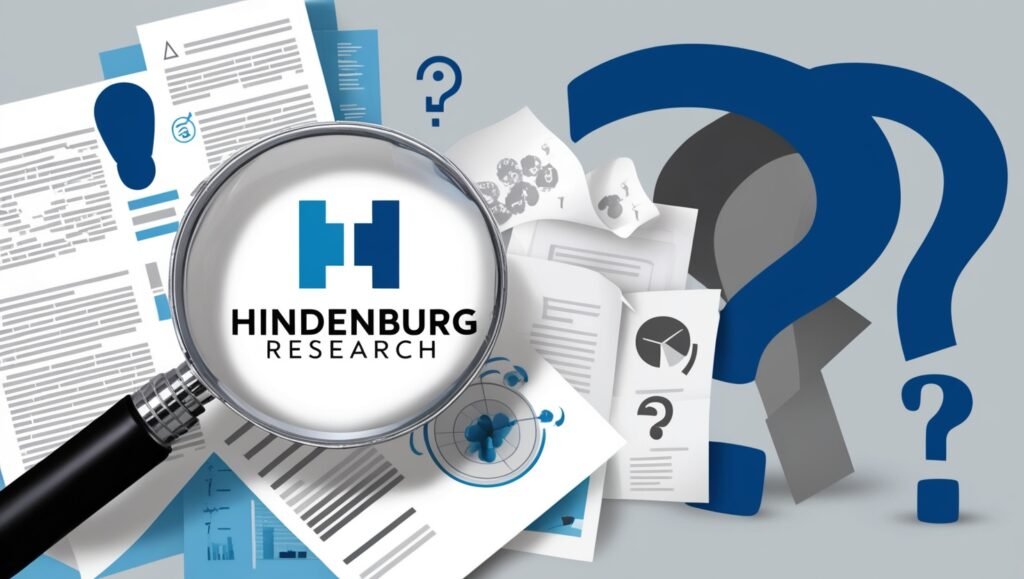
Hindenburg Research, a U.S.-based investment research firm, gained notoriety for its reports alleging financial misconduct, particularly against the Adani Group, a major Indian conglomerate. The firm’s initial report in January 2023 accused Adani of stock manipulation and fraud, leading to a dramatic decline in the company’s stock prices, with losses reportedly exceeding $100 billion.
In recent developments, Hindenburg has faced accusations of sensationalizing its findings. Critics, including criminal lawyer Jai Anant Dehadrai, argue that the firm’s latest report, which links the chairperson of India’s market regulator, SEBI, to offshore funds associated with the Adani Group, lacks substantial evidence of wrongdoing. Dehadrai contends that the report attempts to create an illusion of criminality based solely on the existence of offshore accounts without proving any direct link to illicit activities.
Moreover, allegations have surfaced suggesting that Hindenburg’s actions may be politically motivated, aimed at destabilizing the Indian economy and undermining the current government. Gautam Adani, chairman of the Adani Group, has publicly accused Hindenburg of launching a deliberate attack on his company and India’s governance practices, framing it as an effort to damage the reputation of the nation.
Investigating the Motives and Ownership
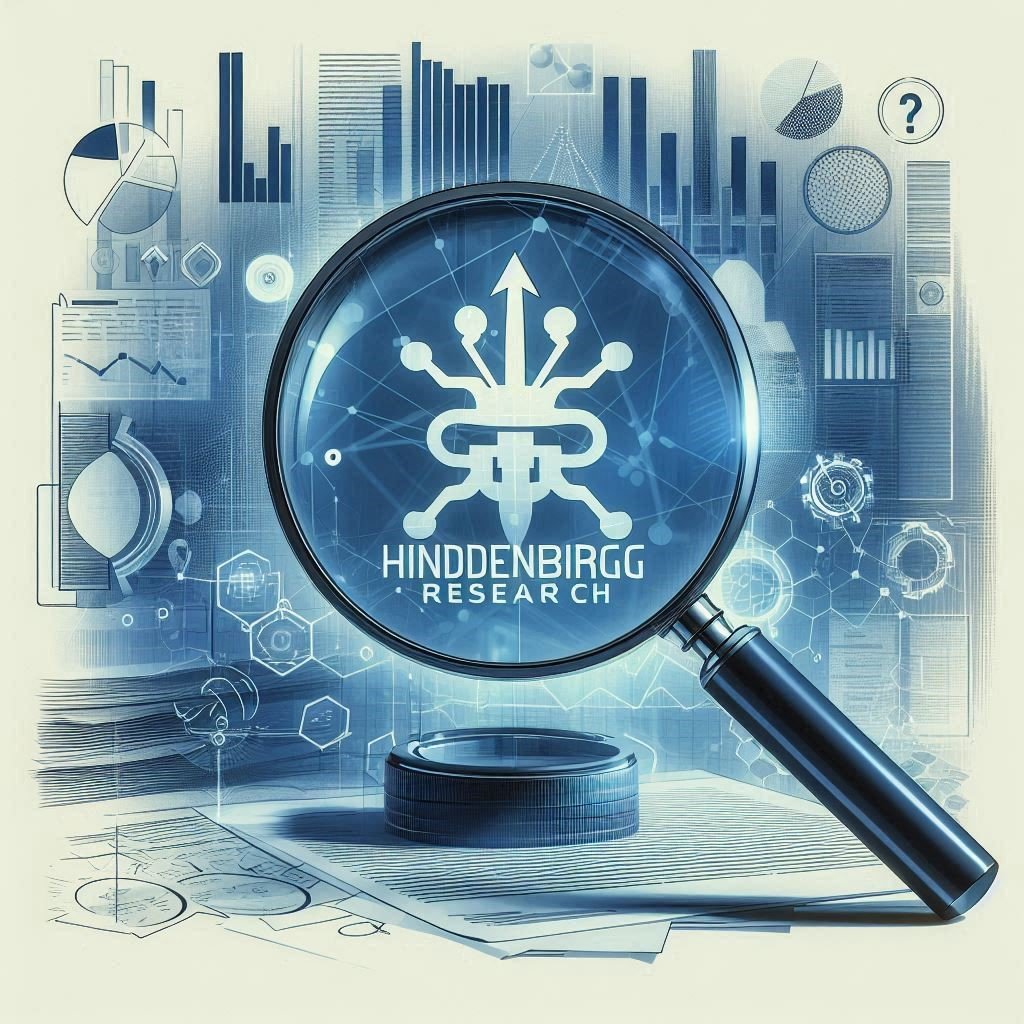
The concerns regarding Hindenburg Research extend beyond its reports. Questions have been raised about the motivations of those behind the firm and whether their findings serve specific interests. For instance, allegations have emerged that a U.S. businessman with ties to China commissioned Hindenburg to target the Adani Group, suggesting that the research firm may be acting as a tool for foreign interests to destabilize Indian markets.
The lack of transparency surrounding Hindenburg’s ownership and funding sources further complicates the narrative. Critics argue that without clear disclosure of its backers, the firm’s findings may be viewed with scepticism, as they could be influenced by external agendas. This opacity raises the question of who truly benefits from Hindenburg’s revelations and whether the firm is genuinely committed to uncovering the truth or merely serving as a vehicle for destabilization.
The Broader Context: Human Rights and Corporate Accountability
The focus of Hindenburg Research on Indian business practices has drawn criticism for overshadowing significant human rights issues in the region. For instance, ongoing violence against minorities in Bangladesh has received scant attention compared to the extensive scrutiny of Indian corporations. This selective focus raises ethical questions about the priorities of research firms like Hindenburg and their role in shaping public discourse on critical issues.
As Hindenburg continues to release reports, the call for a transparent investigation into its practices and motivations grows louder. Stakeholders, including investors, policymakers, and the public, demand clarity on the firm’s findings and the potential implications for both the Indian economy and global financial markets.
Conclusion
The controversies surrounding Hindenburg Research highlight the complex interplay between financial research, political interests, and ethical considerations. As allegations of bias and destabilization tactics surface, it is crucial to scrutinize the motivations behind such research and the potential consequences for the regions and organizations targeted. A transparent investigation into Hindenburg’s operations and funding sources is essential to ensure accountability and maintain trust in financial research as a tool for genuine oversight rather than a weapon for destabilization.
More Interesting Articles
PM Modi Visits Wayanad: Aerial Survey Reveals Extent of Landslide Devastation
Bangladesh in Crisis: Surge in Violence Against Hindus Following Military Coup
Bangladesh on the Brink: Unraveling Democracy Amidst Military Rule and Rising Extremism
Supreme Court Backs L-G’s Authority: Major Shift in Delhi’s Political Dynamics
Sensex Today: Market Meltdown as BSE Sensex Dives Over 1,800 Points
Violence Erupts Across Bangladesh, Resulting in 32 Deaths and Nationwide Unrest
Fortifying Abraham Alliance: Israel’s Strategic Response to Iranian Threats in the New Middle East
Preeti Sudan: From Esteemed Bureaucrat to Visionary Steward at the Helm of India’s UPSC
Mamata Banerjee Joins PM at Pivotal Niti Aayog Meeting Amid Opposition Boycott
Union Budget 2024: Nirmala Sitharaman Unveils Bold Vision for India’s Future
PM Modi Urges Urgent Unity and Constructive Debate Ahead of Crucial Budget Session
Bangladesh’s Shoot-on-Sight Order Amid Mounting Student Protests: A Deepening Crisis
Aishwarya Rai Bachchan and Abhishek Bachchan: Addressing Rumors of Rift and Separation
Hardik Pandya Divorce: Cricketer and Natasa Stankovic Announce Split After Four Years of Marriage
Tragic Loss: Travel Influencer Aanvi Kamdar Falls to Her Death in Gorge Accident
Discover more from
Subscribe to get the latest posts sent to your email.

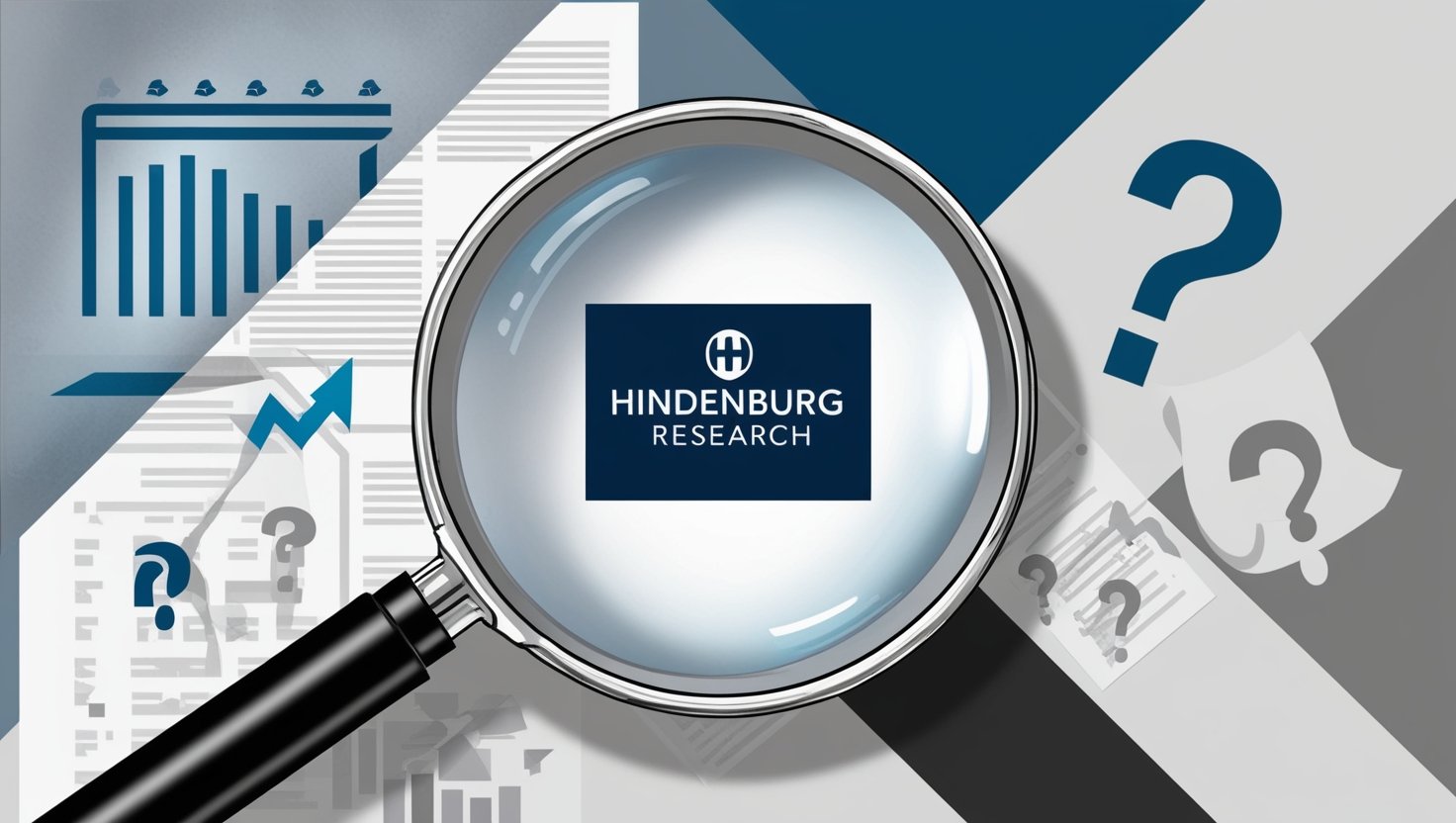




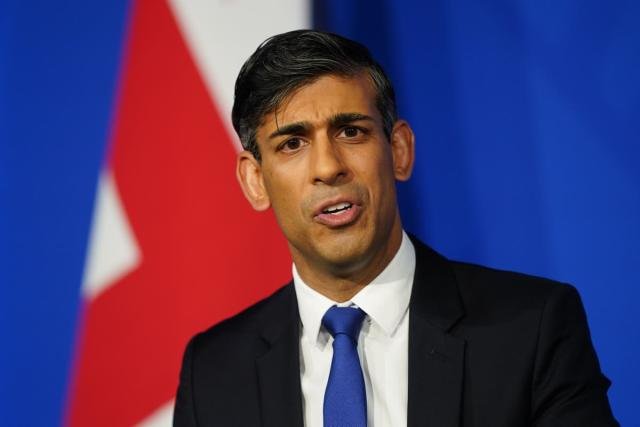
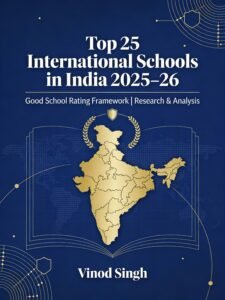


5 COMMENTS